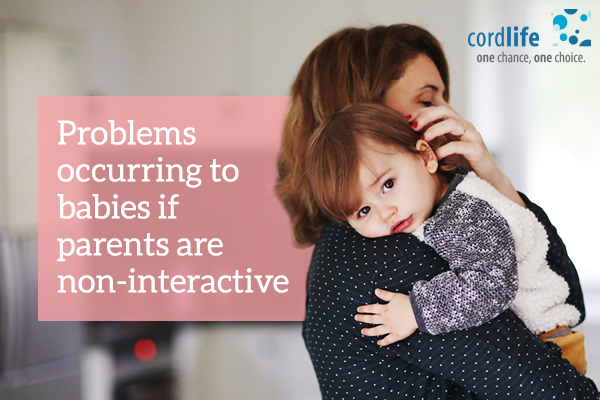Table of Contents
All children are born with the basic need to establish a stable and secure relation with both the parents which is called “attachment.” It is the nature of the babies that they quickly form a bond of attachment with the person who is staying with them. It can therefore be said that relationships of the child and the quality of the bond plays an essential role in the life of a human being. If the first bond of attachment of a baby is usually established with his mother, the one he shares with his father is equally precious. It also happens that a bond of affection is formed with another “parental” figure, such as an aunt, a grandparent or even an educator. It is nevertheless the one that the child develops with his parents which remains the most important.
The benefits of a strong bond of attachment
The more secure the bond of attachment between a child and his parents, the better equipped he will be to deal with the difficulties of life. Not only will a child who feels loved and protected have the impression of being worthy of affection, but he will have a very positive perception of others. It will be easier for him to go to others and to explore. Since he knows he can count on his parents, the child develops better self-confidence and will have more ease to grow, physically, emotionally and intellectually.
In short, the quality of the bond of attachment is intimately linked to the quality of the child’s future relationships, since it facilitates the learning of social skills, such as empathy. Besides, a study has recently shown that boys who have developed a strong bond of attachment are 2.5 times less likely to have behavior problems in school, even if they have grown up in a disadvantaged environment.
Problems of the deficient parent-child bond
In return, the child whose attachment is inadequate has less confidence in him. He also has a much harder time working as part of a group, since he tends to shy away from people around him. Some children even develop a mistrust of adults. In the longer term children who fail to establish a proper attachment to a maternal or paternal figure are more likely to be aggressive, provocative or hyperactive. They would also have more language difficulties and problems at school.
Promote attachment and affection
The first years of life are significant to establish a relationship of attachment, and certain behaviors are able to favor it.
- Comforting baby when it cries – Before 18 months, if he’s crying for wanting to be cuddled, he needs to be reassured. So, by taking him, you are not “giving in,” you are instead showing him that he can count on you.
- Be constant – When he needs something, give him something to drink, eat, or just hug.
- React quickly – If you respond quickly to its crying, the baby will experience less stress. This will help him feel safe.
- Show tenderness – Caress, rock, talk gently to the baby.
Accept the child as he is: we all have strengths and weaknesses.
By accepting your baby as it is, without judgment, you are building your self-esteem. Sometimes you may feel overwhelmed, either because you have depression or a particularly difficult situation. If this is your case, do not hesitate to ask for help: your spouse, a relative or a loved one will be able to take care of the baby, while your situation stabilizes. The child primarily needs the mother, but above all, he needs a comforting presence of an adult. There is no shame in asking for help when bringing up a child.
